The final report of Ottawa People’s Commission on the Convoy Occupation highlighted the “violence” and “absence of human rights” experienced by citizens during the January-February 2022 “Freedom Convoy” trucker blockade of downtown Ottawa.
The final report, titled After the Occupation: Change, described “the convoy’s many forms of violence: the invasion and intimidation; the violence of trucks, horns and fumes; the harassment and assaults; the hatred, racism and discrimination; the menace and fear; the swagger and impunity.”
The report, released April 4, also concluded that for some residents, “this was the first time they had ever felt unsafe in their own neighbourhood. … Compounding the violence was the knowledge that ill-informed and ill-prepared city officials and police effectively facilitated the siege and then essentially abandoned … those who live, work or shop downtown.”
The commission, a program of the Centretown Community Health Centre, began in June 2022 and held 14 public hearings and eight community meetings — online and in person — between September 2022 and mid-January 2023.
‘Compounding the violence was the knowledge that ill-informed and ill-prepared city officials and police effectively facilitated the siege and then essentially abandoned to lawlessness those who live, work or shop downtown.’
— Final report of the Ottawa People’s Commission on the Convoy Occupation
Overall, OPC commissioners heard from more than 200 people and organizations, including more than 75 written submissions, some from local residents who supported the convoy.
Alex Neve, one of four commissioners, told a media conference at the release of the report that the notion the convoy experience was mainly peaceful should be rejected.
He said it was violent, physically and psychologically.
The final report included 25 recommendations that the commissioners say would help the city rebuild trust.
The OPC recommendations include the need for a new human rights framework in the city; new models of leadership and civic engagement; the need to improve responsiveness to crises and fostering dialogue and community building.
Rebuilding trust within the community will not be quick, the commissioners acknowledged. They said the lack of responsiveness from authorities during the occupation as a key impetus to the Ottawa People’s Commission being created.
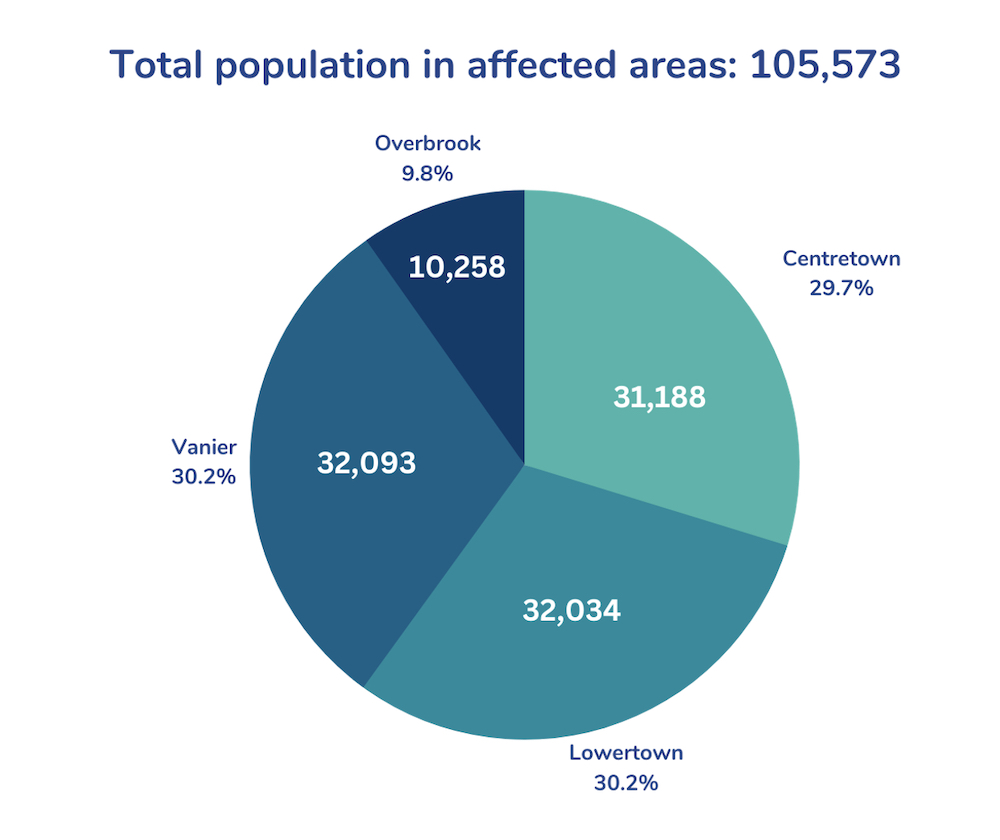
“I’ve been a human rights advocate and lawyer for more than 20 years now. I think sitting as a commissioner on the Ottawa People’s Commission might be one of the most important human rights roles I’ve played,” said Leilani Farha, one of the OPC co-commissioners.
Farha emphasized how important it is for people to have an opportunity to discuss their experiences in a human rights context and to offer ideas for change. The commissioners said seeing the occupation through a human rights lens influenced each recommendation laid out in the final report.
“Everything about the convoy occupation points to an absence of human rights,” said Neve.
Among the calls to action in the report is a demand for strengthened efforts to prevent systemic hate and racism. The report also recommends a deeper inclusion of the importance of respecting human rights into school curriculums.
“We notice that there is a deep fracture in several communities in Ottawa. The role of the school is to find a way how to give tools to the kids,” said co-commissioner Monia Mazigh. “To understand these differences, respect them and not live in their own bubble — and how to deal with misinformation.”
While participants in the convoy occupation openly celebrated their right to free protest and freedom of speech, the basic human rights of the people in the surrounding communities were infringed upon throughout the blockade, the commission concluded.
‘As the events escalated, we decided to suspend the program, disallowing our volunteers from doing their great work and preventing our clients from having a Halal hot meal in the cold winter. And most devastatingly, our centre was vandalized in the early morning.’
— Abdul Rahman, executive director, Islamic Care Centre
Abdul Rahman, executive director of the Islamic Care Centre in downtown Ottawa, shared his experience of the convoy occupation during the first public hearing held on Nov. 16, 2022.
“Our Care Center has served as Centretown’s oldest and only open safe prayer space for Muslims in this ward since 1991. As the events escalated, we decided to suspend the program, disallowing our volunteers from doing their great work and preventing our clients from having a Halal hot meal in the cold winter. And most devastatingly, our centre was vandalized in the early morning. Security footage indicates an unknown individual smashed our window with a hammer,” said Rahman.
This is just one of the examples highlighted in commission hearings of the rights of community members being attacked during the occupation.
The OPC has has sent its final report to all three levels of government: municipal, provincial and federal. Neve said a timeline has been put in place for recommendations to be implemented, with a targeted date of June 2024 for all 25 recommendations to be addressed.

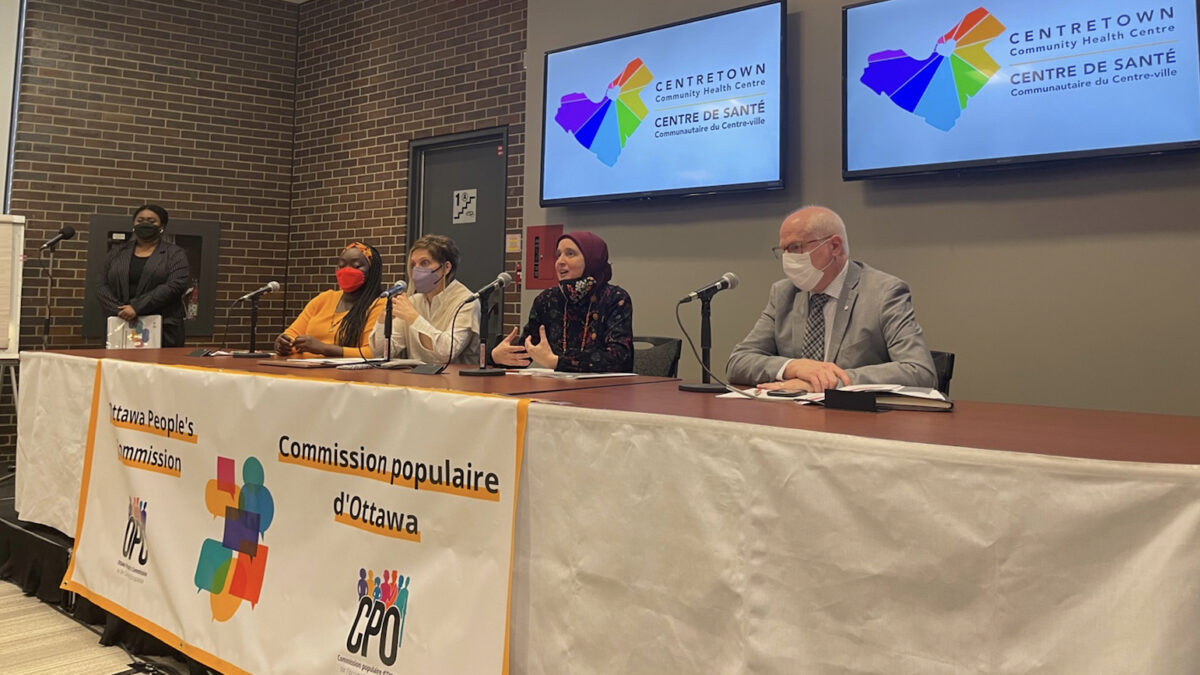
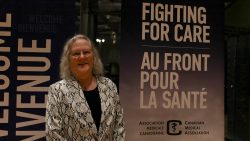
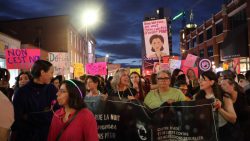
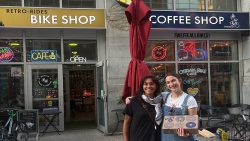
Your article does a good job of demonstrating that freedom of association and freedom of speech have limits in so far as they impune in the rights of other free citizens. I look forward to reading more on this topic.
Loved the article.
Especially the comment about teaching misinformation in school. Truly very important these days with the wide range of info floating around on the internet and social media.